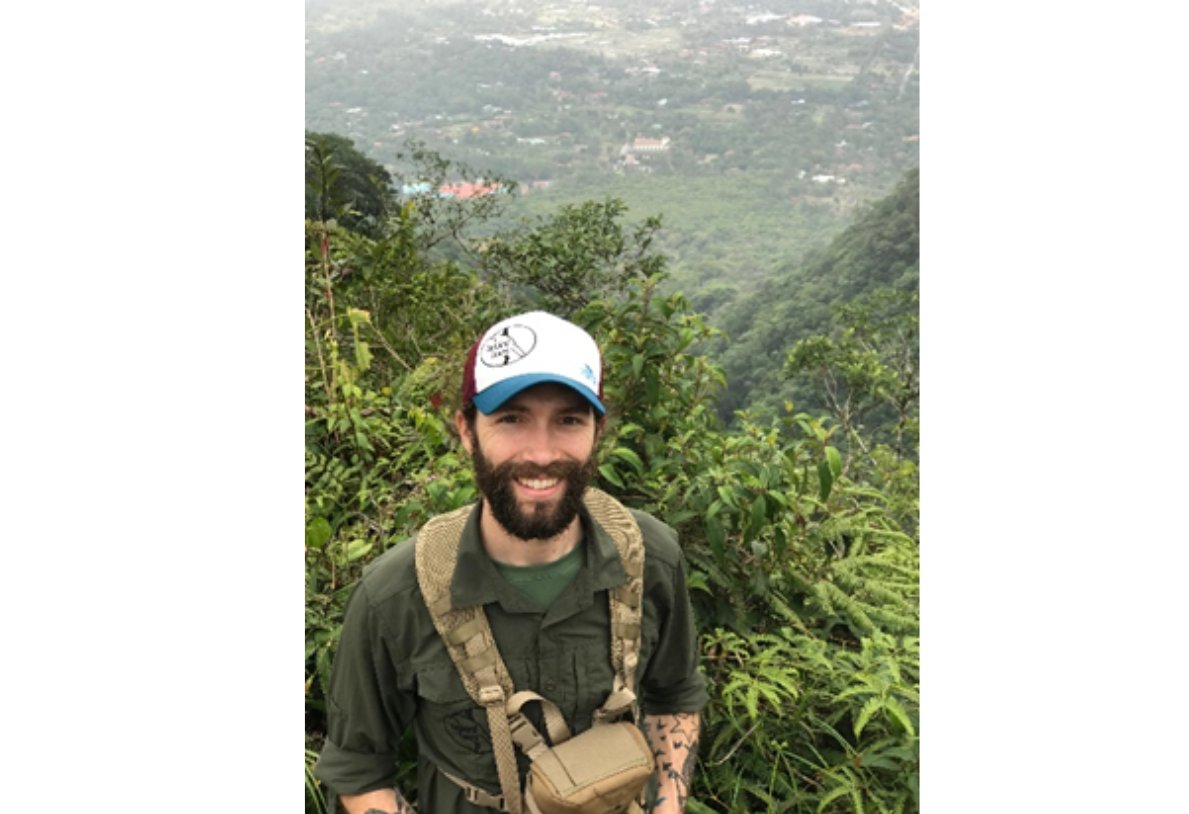Bosworth Lecture to focus on maintaining healthy bird populations
The lecture will take place on Thursday, March 9 at the Rogers Free Library in Bristol.
This item is available in full to subscribers.
Please log in to continue |
Register to post eventsIf you'd like to post an event to our calendar, you can create a free account by clicking here. Note that free accounts do not have access to our subscriber-only content. |
Day pass subscribers
Are you a day pass subscriber who needs to log in? Click here to continue.
Bosworth Lecture to focus on maintaining healthy bird populations
The threats and possible solutions to the declining bird populations in Rhode Island will be enumerated at the Bosworth Lecture Series on Thursday, March 9 at 7:00 p.m. at the Rogers Free Library in Bristol. The event is open to the public.
Ornithologist and director of avian research for the Audubon Society of R.I., Charles Clarkson will unveil the findings of his recent study, “State of Our Birds,” which notes that more than one third of all birds in the study group experienced long-term population decline in the Mid-Atlantic and New England regions.
Among those birds in decline, Dr. Clarkson said, “The urban and generalist species we commonly see in our backyards are threatened, including blue jays, American robins and song sparrows. Only one quarter of all species are showing signs of long-term increases in population.
“The greatest declines were seen in aerial insectivores,” he said, “such as barn swallows and chimney swifts as well as species associated with early successional and grassland habitats.” He said these steep declines are likely due to habitat loss, decline in prey abundance (insects) and climate change.
Dr Clarkson said these changes make the job of breeding, migrating, and wintering increasingly difficult for bird populations the world over. “In fact, nearly every group of birds is in decline,” he said.
He explained that this is why the Audubon Society of Rhode Island spearheaded an initiative in 2022 to collect data and devise an action plan. The Avian Research Initiative was designed to begin a monitoring and management scheme reversing the declining trends. See Page 97 in this report, "State of Our Birds".
“This will be our roadmap going forward to protect birds and bring threatened species back” Dr Clarkson said, “and hopefully it will become a blueprint for other land conservation organizations across the region."
Dr. Clarkson also serves as the coordinator for the Rhode Island Bird Atlas, managing over 200 volunteers to collect, compile and analyze atlas data. He earned his undergraduate degree in Environmental Sciences at Mary Washington College, a master’s in Biology from Virginia Commonwealth University, and a doctorate in Environmental Sciences from the University of Virginia. He has received numerous awards in the field of ornithology and resides in Middletown.






